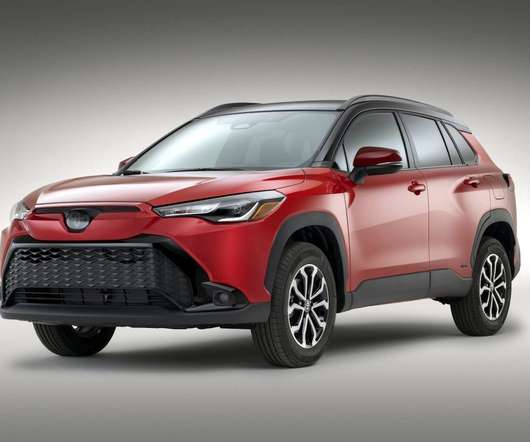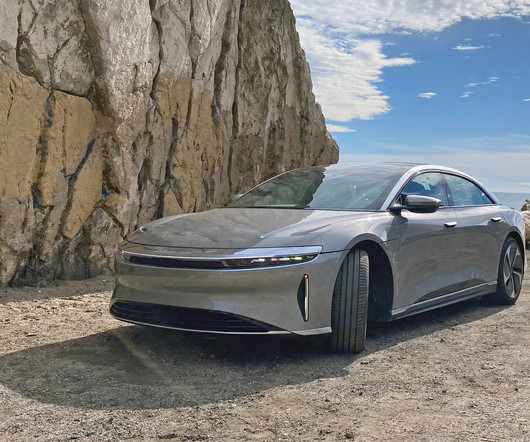U-M study finds current CAFE standards create profit incentive for larger vehicles
Green Car Congress
DECEMBER 7, 2011
The current vehicle footprint-based Corporate Average Fuel Economy (CAFE) standards create a financial incentive for automakers to increase vehicle size, except under certain limited conditions of consumer preference for vehicle size, according to a study by University of Michigan researchers Kate Whitefoot and Steven Skerlos.












Let's personalize your content